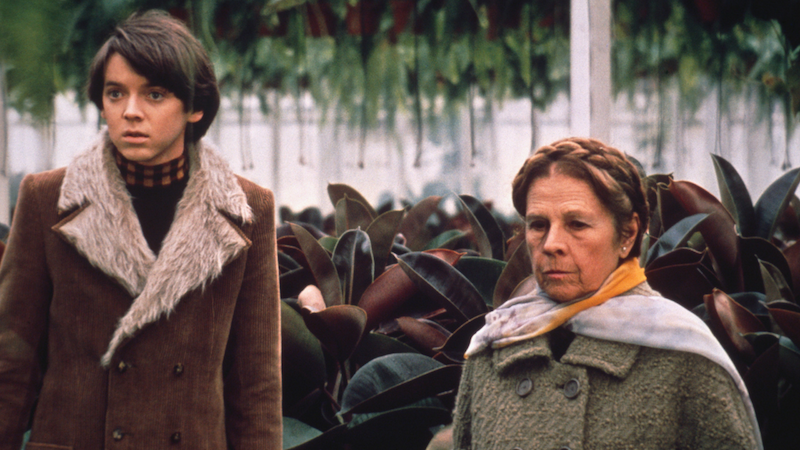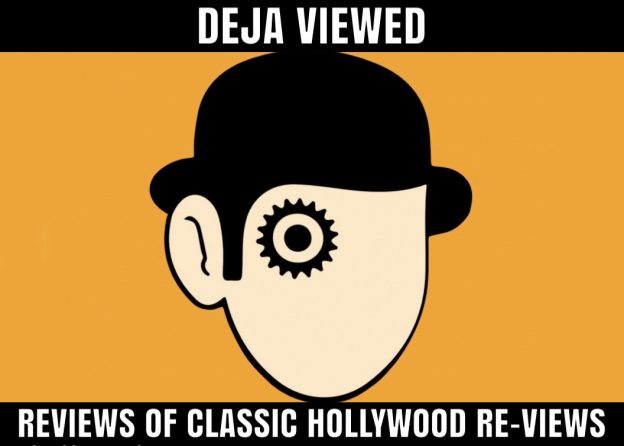
Harold and Maude feels like a movie made on Opposite Day.
It’s a May-December romance, but in the reverse order of most Hollywood love stories. The stars look as un-cinematic as stars get (read: like normal people). It features one of the greatest movie soundtracks ever produced — which was never commercially released.
From the opening scene, in which we see a young man methodically hang himself while his unconcerned mother bustles past his swinging body, it’s clear: We aren’t in regular romcom territory.
The very-much-alive body belongs to Harold (Bud Cort), a college-aged kid obsessed with death, fake suicides and getting under the skin of his unflappable mother (VivianPickles).
During one of his routine drop-ins of a stranger’s funeral, Harold meets Maude (Ruth Gordon) a 79-year-old also intrigued with the macabre. But where Harold sees funerals as suicide dry-runs, Maude sees them as life’s lily pads, springing her into seize-the-day adventures.
Director Hal Ashby balances fairy tale absurdities with a sincere love story between perhaps the most unlikely couple in cinema history: Maude is a fiesty Holocaust survivor who inhabits a gentle universe that abides her casual car thefts; Harold is a lonely teen who drives a modded hearse.
Ashby jolts the film with overlapping sound, oversaturated color and an underrated soundtrack — a Graduate-level gem by Cat Stevens, now Yusuf Islam. Unlike The Graduate, (which this film subtly subverts), the soundtrack was never released. Thankfully, the nine-song, 29-minute playlist is eminently streamable.
As we bound from bad date to good, from death to life, from privileged suburbia to Vietnam-era nihilism, it’s easy to forget that the film, now more than 50 years old, was as far ahead of its time as his other cult hit, 1979’s Being There.
Here, Harold is lost in the computer dating world. Maude practices mindful meditation. Ashby wields Lynchian absurdities before that was a term. And were it not for its cult-film bonafides, Harold and Maude features a twist ending that would be called Shyamalan-ian today.
Make no mistake: this is an oddball movie that lives on eccentricities and an outsider worldview. The symbolism of Harold’s “deaths” have divided diehards for more than a half century over whether the film is a counter-culture statement or poem urging viewers to make every breath count.
Either way, the viewer wins. It may pose as a comedy about staging death, but Harold and Maude ultimately says something profound about rehearsing life.

